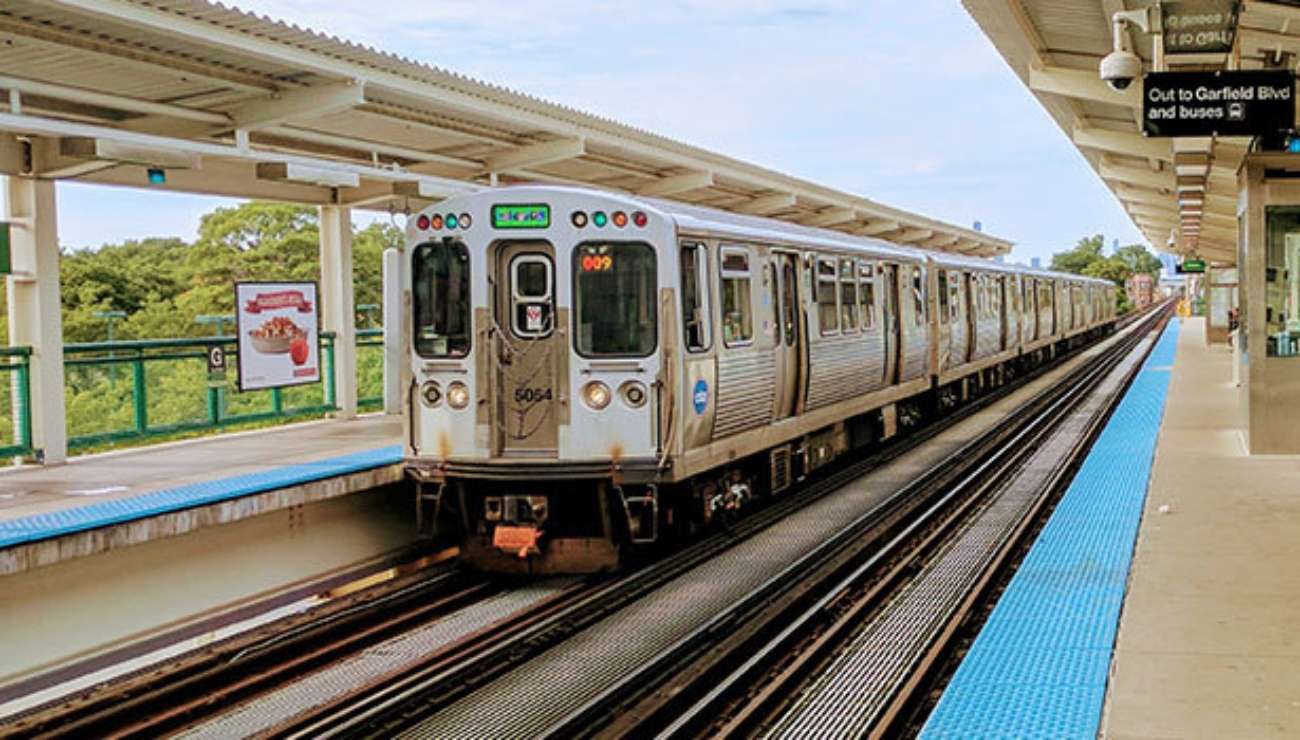Recently, a federal judge in Illinois deemed the restrictions on carrying guns on public transportation unconstitutional for four permit holders. This decision was based on the burden on the government to show that the law is consistent with historical firearm regulation traditions as outlined in the Second Amendment.
The Illinois Firearm Concealed Carry Act ban on carrying handguns on public transportation was found to burden the Second Amendment right of self-defense for the plaintiffs. Historical precedents cited by the government, such as laws from the 14th century and various state laws, were deemed inadequate by the judge as they did not align with the current situation.
The judge also rejected arguments that public transit vehicles and facilities should be considered “sensitive places” where guns can be banned without violating the Second Amendment. The Supreme Court’s views on sensitive places were referenced, emphasizing that crowdedness alone is not enough to qualify a location as sensitive.
The practical impact of the Illinois gun ban on permit holders was highlighted, noting that it deters them from using public transit and makes them feel less safe. This ban poses a serious problem for exercising the right to carry arms for self-defense.
Similar challenges to gun restrictions in other states have been partly successful, emphasizing the importance of ensuring that the right to bear arms is not restricted beyond what is necessary for public safety.




